What is “the Invisible Hand”?
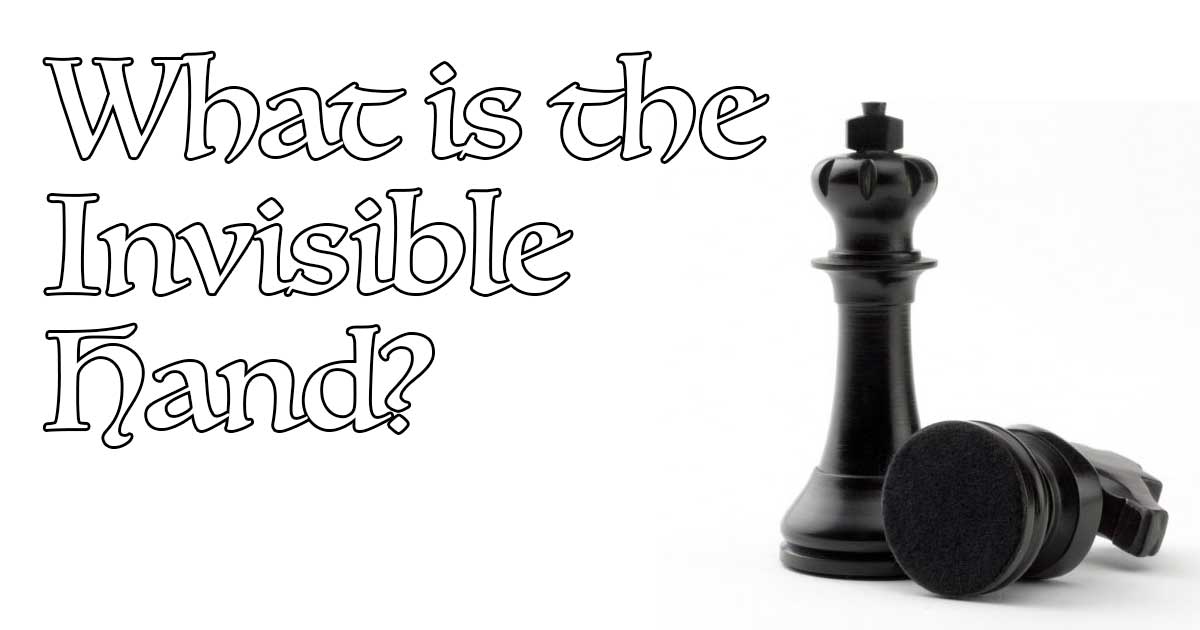
“The invisible hand” is a term used by Adam Smith to describe the theory that self-interest leads to social and economic benefits in a free-market.
A person is a being, typically a human. The exact definition varies depending upon context, for instance characters in fictional novels.

“The invisible hand” is a term used by Adam Smith to describe the theory that self-interest leads to social and economic benefits in a free-market.
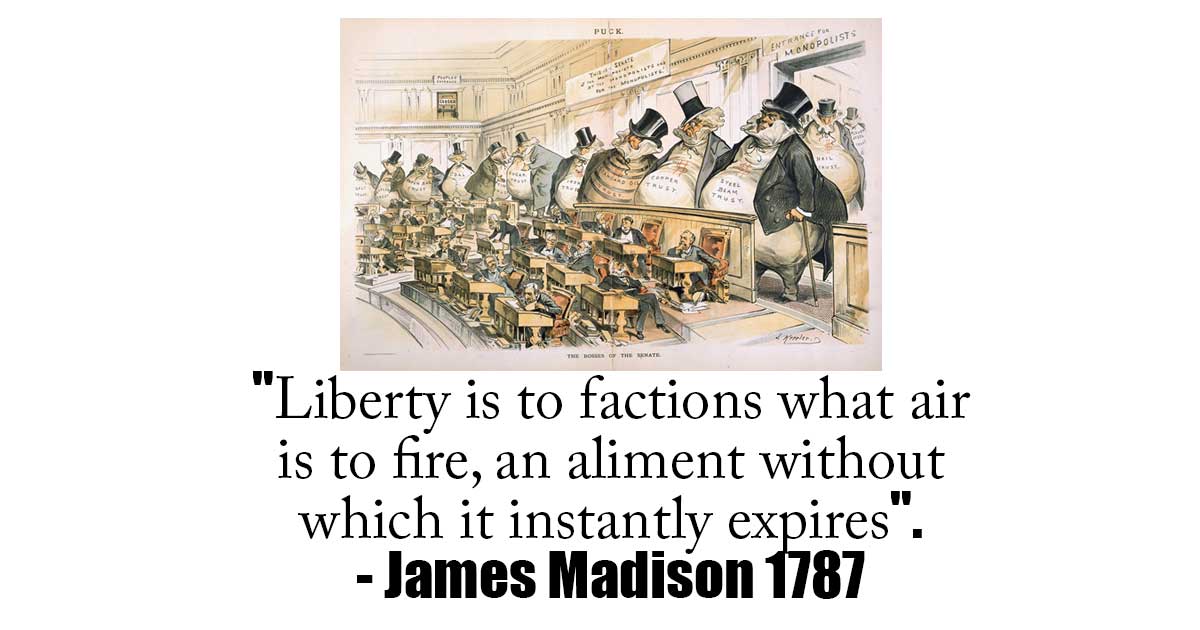
Special interests describe interests that are not purely public interests. Factions (special interest groups) are groups formed around shared interests (special interests).
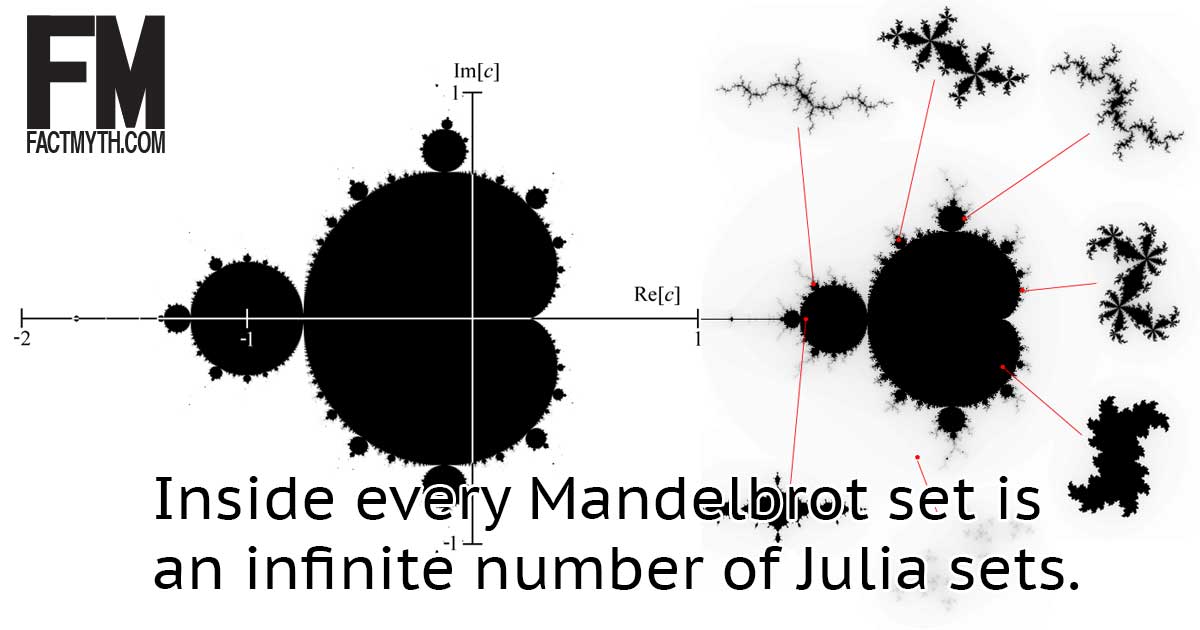
Benoît Mandelbrot coined the term “fractal” in 1975 to describe the naturally occurring, never-ending, infinitely complex, [often] self-similar, geometric patterns, which look “fractured” or “broken.”
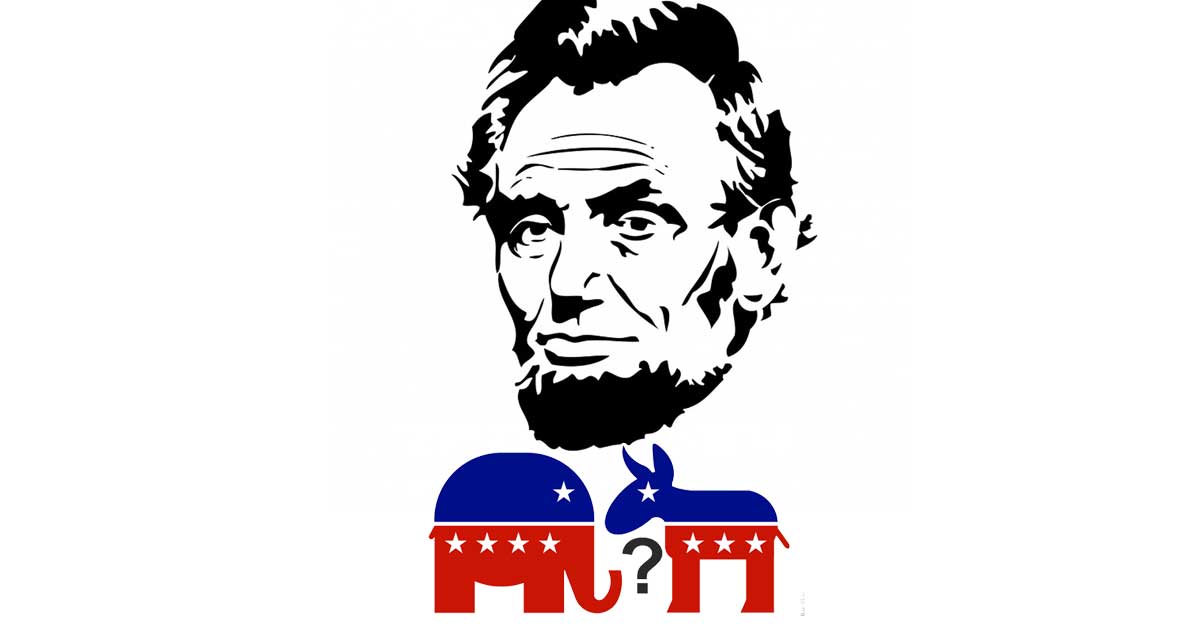
Abraham Lincoln was the first Republican President. Lincoln, a former Whig (and then “moderate” “anti-slavery” Republican), favored social justice and federal power over states’ rights regarding slavery.
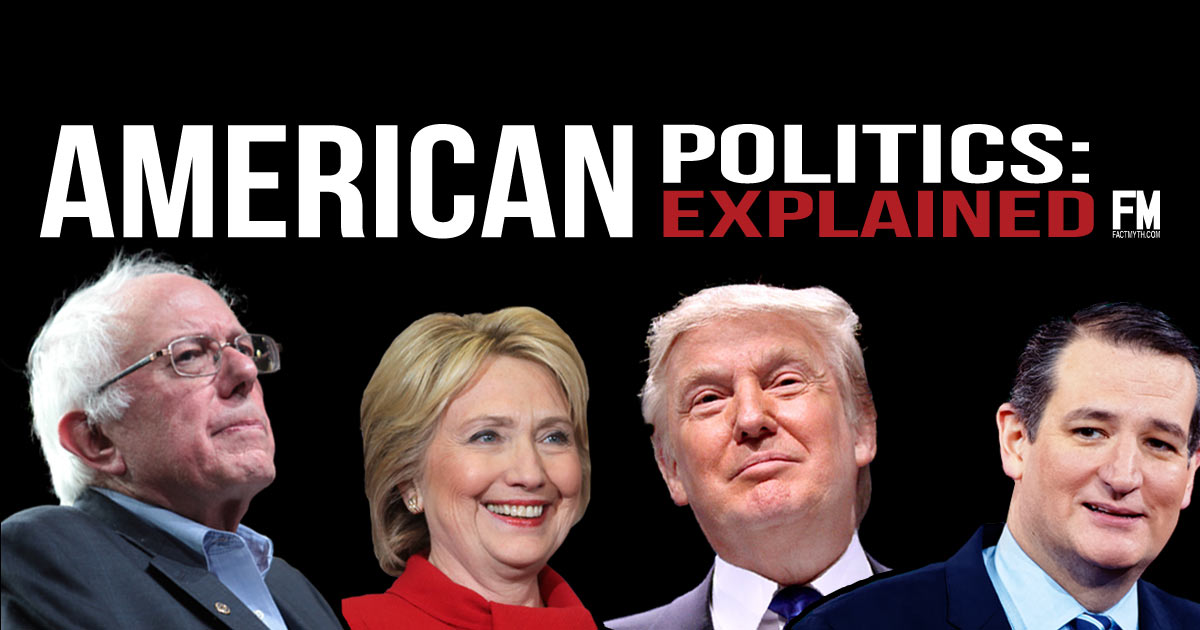
A simple explanation of American politics including an overview of US history, the political parties, and the political system.
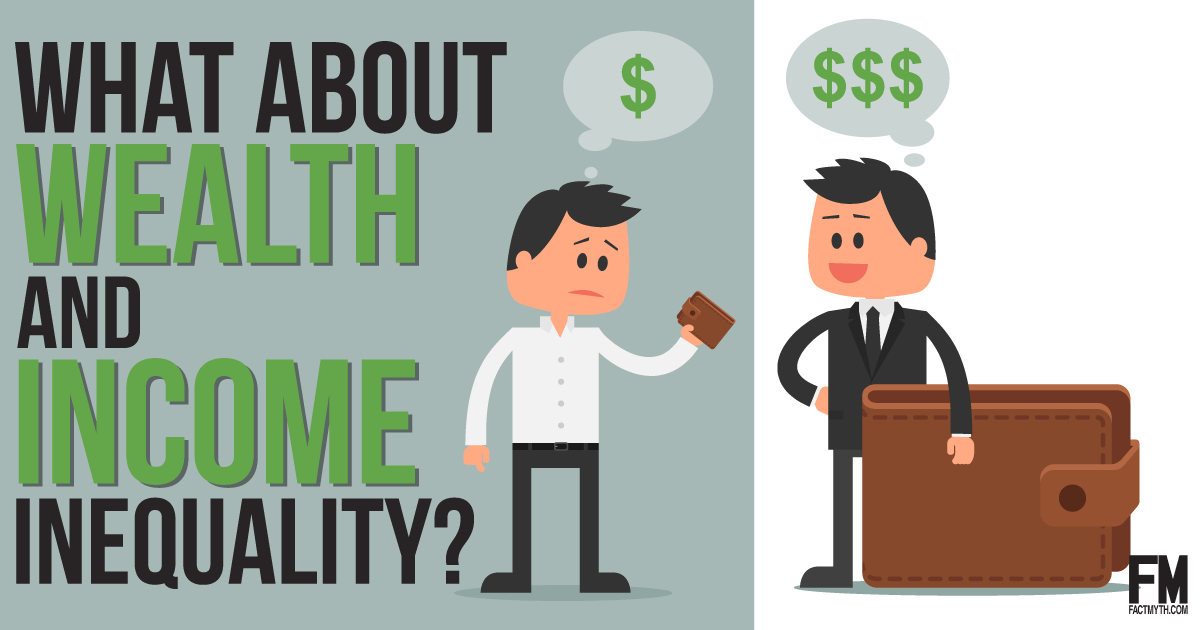
We explain economic inequality from a historical perspective, and then consider the effects of wealth inequality and income inequality in America today.
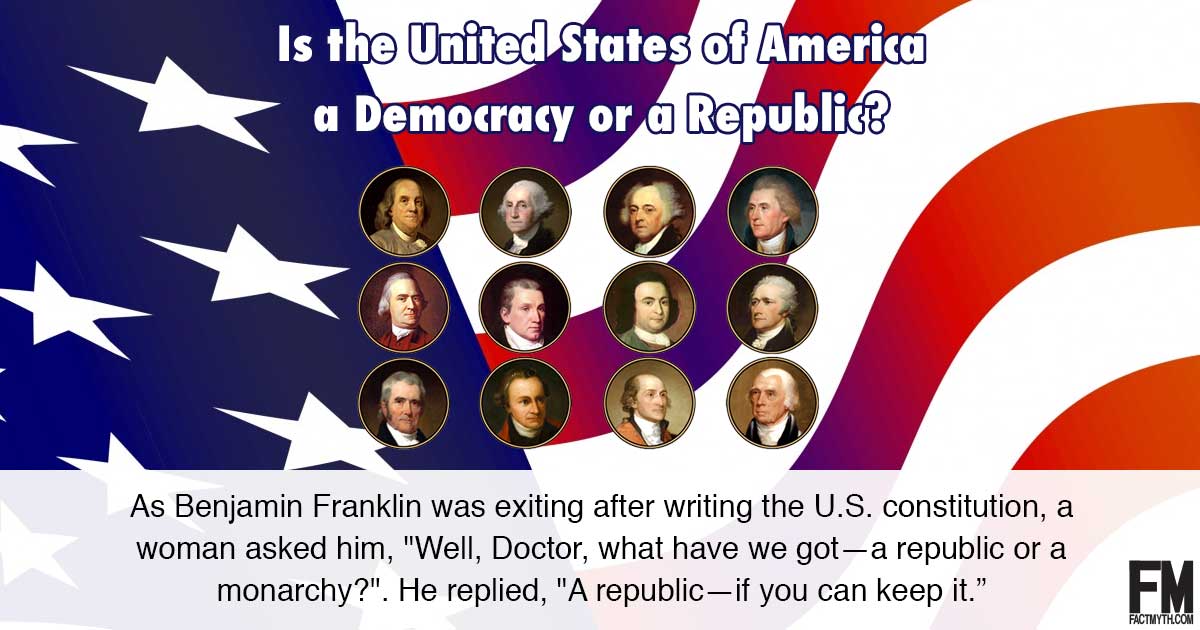
The United States is both a Republic and a Democracy. Specifically, the United States is a Constitutional FederalRepublic with a strong Democratic tradition and many democratic elements especially on a local level. Despite the democratic elements and traditions, the U.S. is not however a “Direct Democracy” (where people vote on laws directly*).
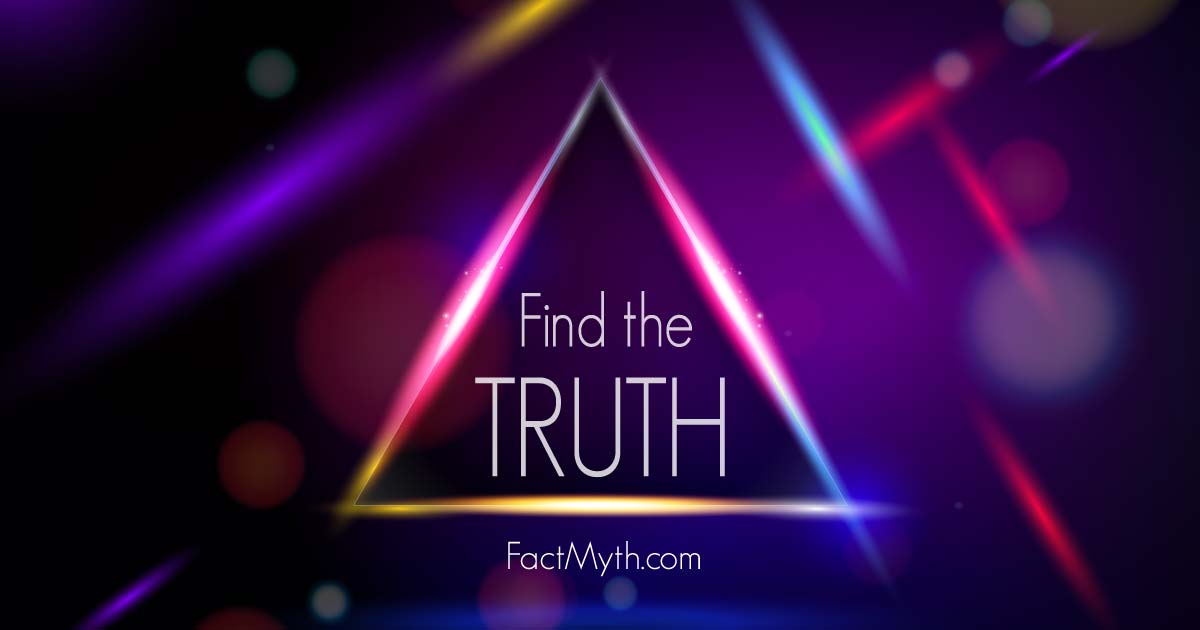
Everything is either true or not true, but not everything that is true can be proven true, and not everything false can be proven false.
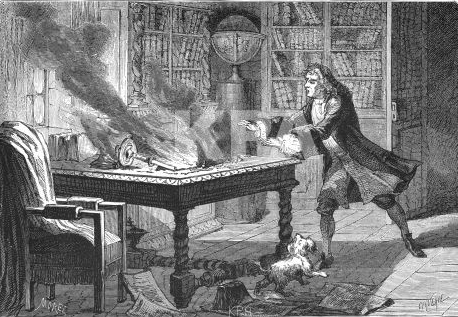
Sir Isaac Newton can be said to have discovered the laws of motion, but more accurately, he refined the work of Aristotle, Galileo, Descartes, and others.

Adam Smith can be considered the father of modern economics due to his influential works which explore the mechanics of morality, markets, and capitalism in an industrialized society.